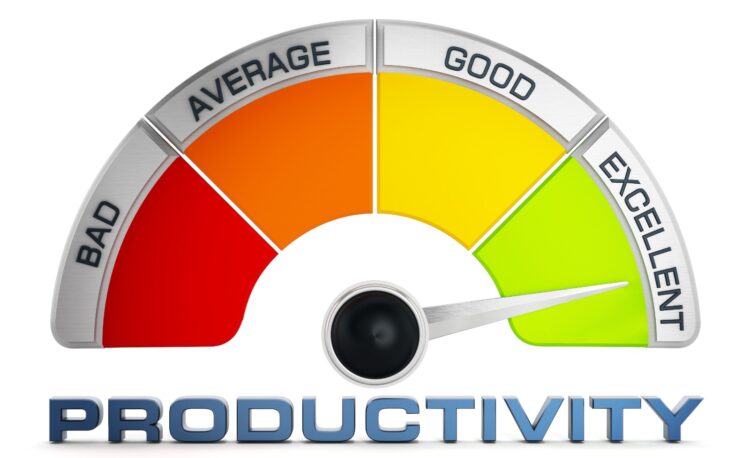The rapidly changing workplace has an increasing demand for both individuals and organizations to be more productive. This surge in demand has borne the rise of productivity coaching – a strategic approach to enhance an individual’s or an organization’s efficiency and effectiveness. Through tailored programs, productivity coaches guide modern professionals, managers, and entrepreneurs in navigating the intricate balance between workload and work-life, boosting personal and professional development.
Productivity coaching is no fly-by-night trend; it is an innovative approach to personal and collective efficiency that stands on the shoulders of research and proven techniques. This essay aims to illustrate the indispensable value of productivity coaching as an integral part of personal and professional advancement, backed by empirical evidence and sound research.
The foundation of productivity coaching lies in its relationship to performance psychology. “A productivity coach doesn’t instruct, but rather helps an individual discover their own path to increased productivity,” explains Coach Deon Huff, a renowned productivity coach. Fundamentally, the coaching process involves boosting efficiency through psychological conditioning, fostering a discovery and enhancement approach rather than meticulously imposing a ‘one-size-fits-all’ solution.
Coaches provide a safe space for individuals or teams to examine their existing habits, identify areas for improvement, and develop strategies toward obtaining their personal or collective goals. They utilize reliable evaluation tools to highlight strengths and areas for improvement, ensuring capacity building while mitigating weaknesses ([Forbes Coaches Council, 2020](https://www.forbes.com/sites/forbescoachescouncil/2020/04/27/15-coaching-tips-to-improve-team-productivity/?sh=15c5e9f05c04)).
A vital part of productivity coaching’s allure is its emphasis on work-life balance, which is an increasingly critical parameter in the modern workforce. The ability to strike an equilibrium between personal and professional lives significantly boosts productivity and reduces burnout rates. In a survey conducted among 1,500 workers across several industries, a staggering 66% reported improved productivity after establishing a healthier work-life balance.
Productivity coaches are well-versed in helping individuals, and organizations create this vital balance. They efficiently navigate individuals through the conundrum of balancing work demands with personal life, helping them prioritize tasks, mete out resources, and set realistic goals within the framework of their lives. By doing so, they create a profoundly positive impact on the individual’s overall satisfaction and work performance.
Hiring a productivity coach also paves the way for enhancing leadership skills. As per the research conducted by [Harvard Business Review] (https://hbr.org/2018/10/productivity-for-leaders), productivity coaches employ proven psychological techniques to enhance decision-making skills, coordination, delegation, and overall productivity of leaders ([Harvard Business Review, 2018](https://hbr.org/2018/10/productivity-for-leaders)). They can alter the effectiveness of a business or project bearers, preparing them to lead teams more efficiently and cohesively.
A coach’s role in promoting sustained productivity growth is particularly pertinent in today’s era of remote workforces. As per a study conducted by [Gartner] (https://www.gartner.com/en/newsroom/press-releases/2020-04-14-gartner-hr-survey-reveals-41–of-employees-likely-to-), productivity coaching could play a significant role in enhancing efficiency among remote workers and driving operational continuity during disruptions.
Productivity coaching is an indispensable tool for personal and organizational growth. By harnessing psychological understanding, fostering work-life balance, and enhancing decision-making skills, productivity coaching makes a clear argument for the invaluable place it deserves in the realms of personal and professional development. Those seeking effective and sustained improvements in productivity should consider integrating productivity coaching into their improvement strategies – its potential pay-off is too substantial to be ignored. Those seeking a profession in a career as a professional productivity coaching program should consider signing up to attend the Integrated Coaching Institute Productivity Coaching Program.

